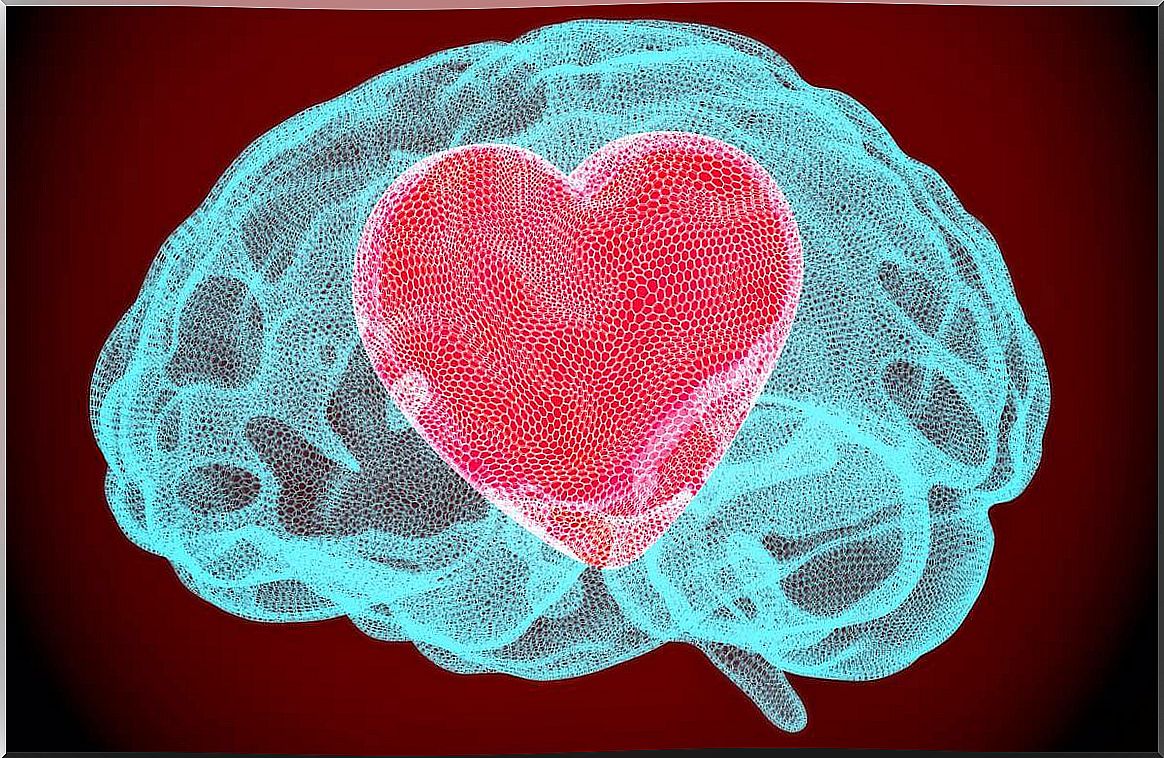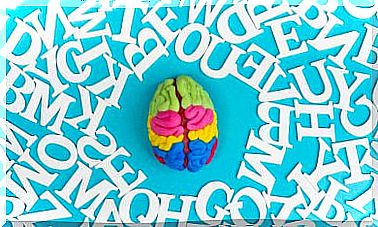Cognitive Goodness: Kindness As A Psychological Commitment

Being a little kinder to others could change our lives; however, we don’t have time. We are urged by haste, our own worries, anxiety, and often accumulated fatigue and lack of will. Cognitive goodness is a resource that could reverse our well-being if we were more respectful, friendly and cordial.
This is a new concept that is worth dwelling on. Advances in understanding human cognition tell us that reasoning, thinking, and reflecting take time, will, and energy. This sequence makes us act many times by mere automatisms, by prejudices or by following certain impulses.
We are, so to speak, cognitive misers; We try to finalize the judgments we make to limit energy expenditure as soon as possible. This affects our relationships. Something like this is what causes, for example, that we are less and less close and empathetic with others.
It is always easier to judge than to ask and let ourselves be carried away one day by another also by prejudices and stereotypes. All this little by little draws the canvas of a less sensitive, cold and even selfish society. Practicing cognitive goodness would undoubtedly be the best response to this scenario. We delve into what it consists of.

Cognitive goodness: what does it consist of?
Cognitive goodness goes a step beyond emotional intelligence. While the latter seeks to enable us to understand and manage emotions, the former attempts to reorient our way of processing reality in a more friendly and respectful way. It would be about learning to think, reflect and attend to what surrounds us in a more attentive and even sensitive way.
If we now ask ourselves what cognitive science or cognitivism consists of, it should be noted that this is an interdisciplinary field. It is talking about the mind, its processes, its functions, it is referring to language, memory, reasoning, attention …
Now, the study of kindness wants to understand why the brain can motivate us to act in an unaffectionate way towards the people around us.
The term cognitive goodness is fairly recent. For example, it has been used in several TED talks by American psychologist Karen Yu. In them he asks why, if the mind is our best individual resource, we do not make it a kinder entity. In an increasingly complex world, we need this dimension to shape a more hopeful present and future.
Let’s analyze some dimensions to better understand this idea.
We keep reinforcing false myths about goodness
At present, they continue to give truth to a series of ideas that belittle the sense of goodness. They are as follows:
- Being nice makes you vulnerable. This is completely distorted reasoning, because it is precisely kindness that allows us to connect more authentically with others.
- Kindness makes you weak. To this day we continue to reinforce the myth that “who is good is naive.”
- Being good is a waste of time. In the end they take advantage of you. This is another misconception. Studies such as those carried out at Tohoku Gakuin University (Japan) indicate that those who perform acts of kindness, kindness and altruism are perceived to be happier and more satisfied.
- If you show kindness and kindness at work, they will take advantage of you. Indeed, this is another perception that we tend to maintain when it comes to being part of social settings, such as schools or work environments. It is as if altruistic behaviors reveal a kind of weakness that in the end many end up attacking. When the truth is that if we all used cognitive goodness, we would do much better as a whole, as human groups.
Cognitive goodness as a strategy to enhance our brain and coexistence
Cognitive goodness goes beyond the emotional aspect; integrates thoughts, reasoning and behaviors. Research papers, such as those carried out in collaboration with the Universities of Boston, Rio de Janeiro and Valencia explain something important to us.
Kindness implies care and attention to others and also a willingness to understand the other in their situation, in their circumstances.
To carry out these processes we must carry out a series of cognitive “efforts”. It is to stop thinking on automatic pilot avoiding acting on prejudices to reason in a more thoughtful and reflective way. Only in this way do we perceive reality. Only then do we allow ourselves to be more sensitive to the needs of others.

How to practice that cognitive competence
Cognitive goodness will not appear in us overnight. It is not easy to activate it because it requires carrying out a deep task of deactivating biases, negative thinking patterns and reformulating ideas. To begin with, one task that we should all begin to practice is to stop prejudging.
Nothing is as harmful to coexistence as judging without knowing, like carrying out our own conclusions without having connected with the reality of the other, leaving prejudices aside.
Likewise, goodness is not just a feeling, it requires actions, it implies making decisions and carrying them out. For example, it is not enough to perceive that my co-worker seems concerned. The most decisive thing is to take the step and ask him what he needs.
In essence, being more cognitively caring requires combining emotional intelligence with attention, reflection, decision-making, and value-tuned behaviors. Such craftsmanship is complex, but the results can be wonderful and even more so in the current circumstances. Let’s practice kindness and transform this little world a little more.









